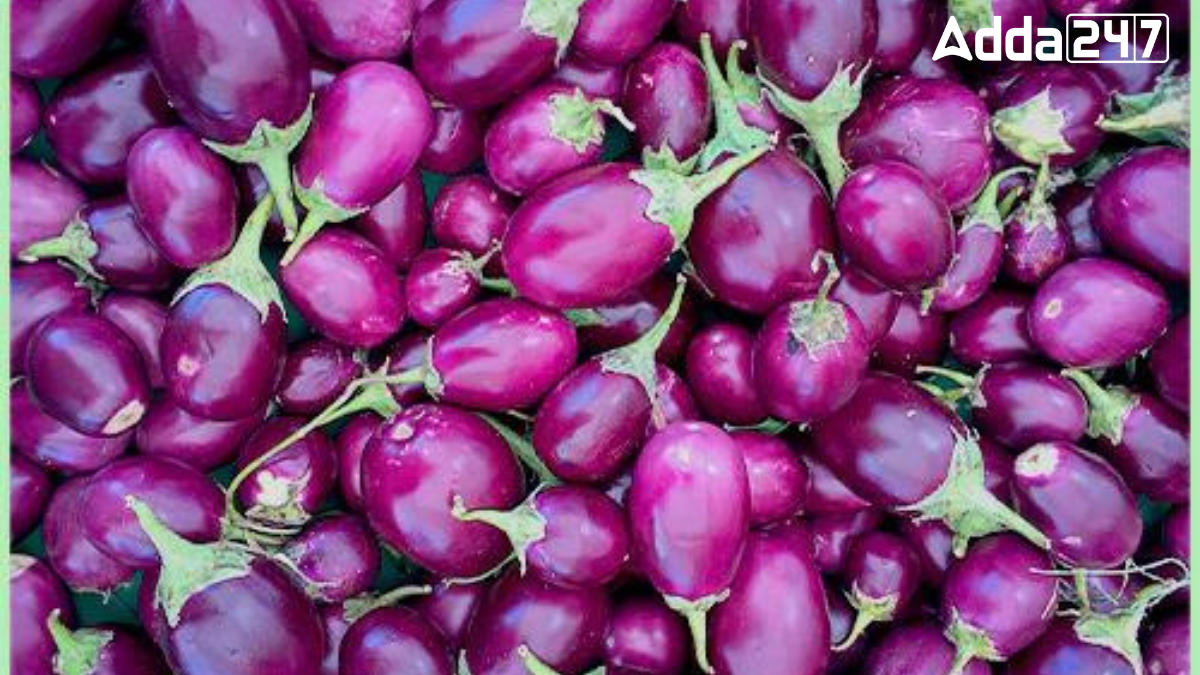India, renowned for its agricultural diversity, excels in brinjal cultivation, a staple in its culinary repertoire. Among its states, West Bengal emerges as the leading producer of brinjal. With favorable agro-climatic conditions and robust cultivation practices, West Bengal not only sustains but also significantly contributes to India’s brinjal production. This article explores the state’s pivotal role, highlighting its agricultural strategies and economic impact on the national scale.
Brinjal Production in India
In India, brinjal cultivation expanded marginally by 0.29% to cover 6.77 lakh hectares (16.72 lakh acres), yielding a total production of 127.79 lakh tonnes. This growth reflects the resilience and steady expansion of brinjal farming across the country, contributing significantly to agricultural output and food security initiatives.
Largest Brinjal Producing State in India
West Bengal, India’s foremost brinjal producer, contributes 23.72% to the nation’s total production. This state leverages favorable climatic conditions and year-round cultivation practices, ensuring a robust supply of brinjal throughout the year. Such strategic advantages underscore West Bengal’s pivotal role in sustaining India’s agricultural output of this versatile vegetable.
Factors Contributing to West Bengal’s Brinjal Production
- Climatic Conditions: West Bengal benefits from a tropical climate, characterized by moderate temperatures and adequate rainfall, which are ideal for brinjal cultivation.
- Soil Quality: The soil in West Bengal, particularly in regions like Bardhaman, Hooghly, and Murshidabad districts, is rich in nutrients, ensuring robust growth of brinjal plants.
- Technological Advancements: The adoption of modern agricultural practices, including irrigation techniques and the use of high-yielding brinjal varieties, has significantly boosted production in the state.
Economic Impact of Brinjal Farming in West Bengal
Brinjal farming is not only crucial for meeting domestic consumption but also contributes significantly to the state’s economy:
- Employment: It provides employment opportunities to a large number of farmers and agricultural laborers throughout the state.
- Income Generation: The high yields and demand for brinjal ensure a steady income for farmers, supporting rural livelihoods.
Challenges and Future Prospects
While West Bengal enjoys a prominent position in brinjal production, it faces challenges such as:
- Pest Management: Addressing pests and diseases that affect brinjal crops.
- Infrastructure: Improving agricultural infrastructure and market linkages to enhance productivity and profitability.



 Which District of Madhya Pradesh is Famo...
Which District of Madhya Pradesh is Famo...
 Diwali 2024 Date and Significance: Is De...
Diwali 2024 Date and Significance: Is De...
 Which Indian City is Known as the Scotla...
Which Indian City is Known as the Scotla...

